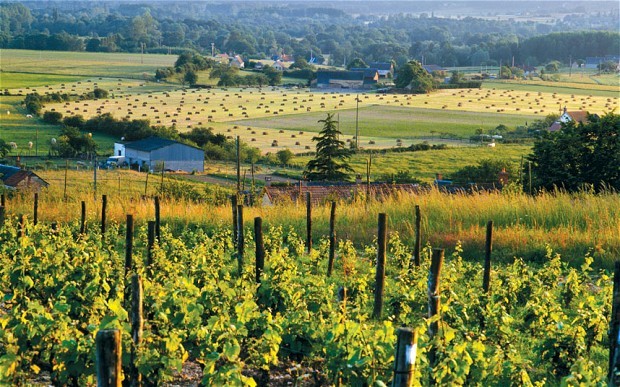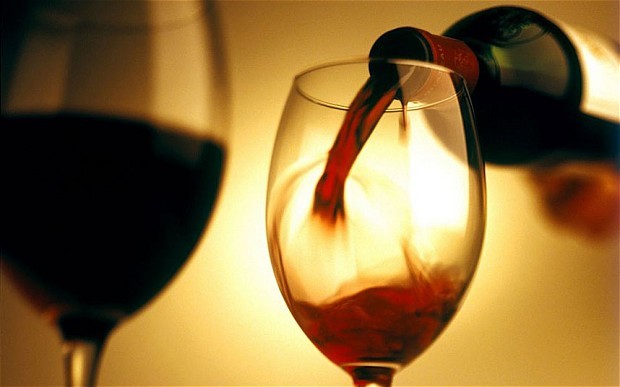How to avoid a hangover after investing in fine wines
Post on: 8 Май, 2015 No Comment

RIPPED off or a poor punt, and what does he do next? There are no happy returns so far for James M who decided to dabble in fine wines after disappointing savings rates elsewhere.
Take care when investing in the wine market [GETTY / PIC POSED BY MODEL]
He estimates that his investment in five cases of various French vintages are worth a third less than the 9,000 he paid between June 2010 and October 2011.
A cold call from a wine merchant played into James frustration. The recession was in full swing, he had experience of shares investing, but was new to the fine wines market, which at that time was, and had been doing very well.
Rises in its Liv-ex index since summer 2001 have been over 200 per cent compared to single digits for the big companies share index, the FTSE 100.
Emerging Far East affluence helped stoke the boom which attracted hordes of dodgy dealers preying on novices operating a variety of rackets from counterfeiters flogging vintage fakes to fraudulent management investment companies.
In the last couple of years the recession plus the fear of scams has hit prices, with the Liv-ex down 100 points from 365 in 2011 to October this year, although there has been some stabilisation recently.
James bought Chateau Duhart-Milon-Rothschild, Carruades de Lafite, Chateau dYquem and Chateau Beychevelle including a 16 per cent management fee.
He isnt a scam victim, his merchant is still trading, his wine does exist and is held in in a legitimate bonded warehouse east of London. But it seems he wasnt well advised of the pitfalls, venturing as he was into an unregulated market as a new and relatively modest investor.
If James wanted cautious investments he did not get them. Some of the wines were already past their peak market value when they were sold to him and he could probably have spotted the worrying trend and paid less had he researched the market beforehand.
According to journalist Jim Budd, an expert in fines wines and investigating dubious investment schemes while James has paid a little over the odds, and considerably in the case of dYquem, his losses reflect the market which has fallen considerable since 2011. It did not help he was sold speculative wines that were briefly popular with the Chinese due to them having Lafite in their names.
The suggestion for a novice to buy the Carruades de Lafite seems incautious and speculative. It and Duhart were enjoying a bubble.
But what should James do now? As well as the value of what he holds, he needs to establish how much he is paying in storage and insurance costs, and above all what kind of account his wine is held in.
Is the account in his own name so he is free to trade, or in an umbrella one where the client is the merchant and would require its agreement to sell?, Budd explains.
There is much to consider when investing in the wine market [GETTY]
Many of the principles that apply to shares apply to fine wines, investors should be prepared to put their money in for at least five years to ride out market falls

Jim Budd
Having your own account is preferable, so it could be in James interest to pay more now to move it. He is minded to cut his losses but Budd suggests he hang on to the assets, particularly to the dYquem.
Many of the principles that apply to shares apply to fine wines, investors should be prepared to put their money in for at least five years to ride out market falls, he says.
James did not do his research before, but now he must before taking any further decisions. Budd recommends once he knows about his account and the costs and what commission would he have to pay if he sold on, he should also call a reputable wine storage company such as Private Reserves to get a second opinion on his moving options.
Should festive season tipples give you a taste for fine wines investing, before you start:
Weigh up the pros and cons: investing in fine wines is interesting, its a tangible asset, relatively easy to trade, there is a finite supply, and because some qualify as perishable assets infrequent, hobby trading is not subject to capital gains tax.
But be warned there are vintages that last longer than 50 years, so are taxable, and wine left as an inheritance will be valued at current prices and form part of an estate. Fine wines are just as much a victim of fashion, recession and market volatility, so it is essential to get a feel of the market. Always make it part not all of a savings portfolio.
Decide how you want to invest: trading directly on a platform, in a bond, or, the most common, through a wine merchant. If so check their credentials, visit their trading address if possible and always the prices you are being quoted against published information on specialist websites such as Liv-ex.com.
Factor in additional charges such as management ones (usually 10 to 15 per cent), storage and insurance fees, get written confirmation of how your account is held, and the process and any further costs, such as commission, if you sell or move.














